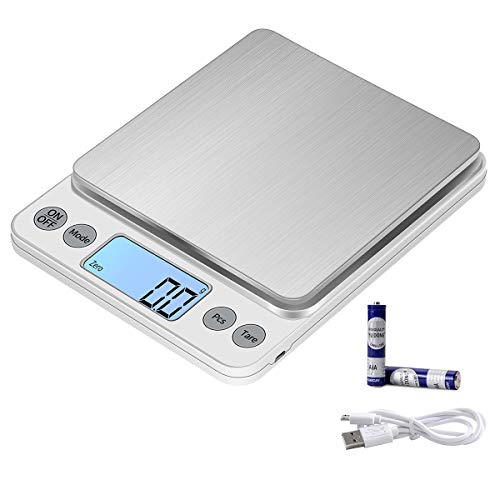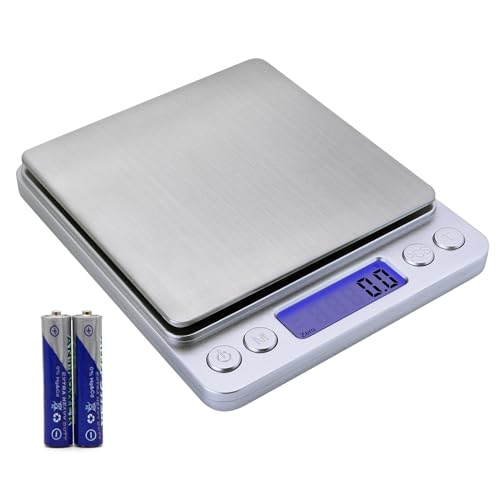Deda
Well-Known Member
- Joined
- Apr 21, 2008
- Messages
- 3,269
- Reaction score
- 48
TikiBarSoap said:Also always mix in metal or glass, because the caustic nature of the lye will "eat through" plastic
Dead wrong. Really.
Please refrain from dispensing dangerously erroneous advice.
Never mix your lye for soapmaking in glass. Plastic, metal (non aluminum) or nalgene are infinitely safer.


































